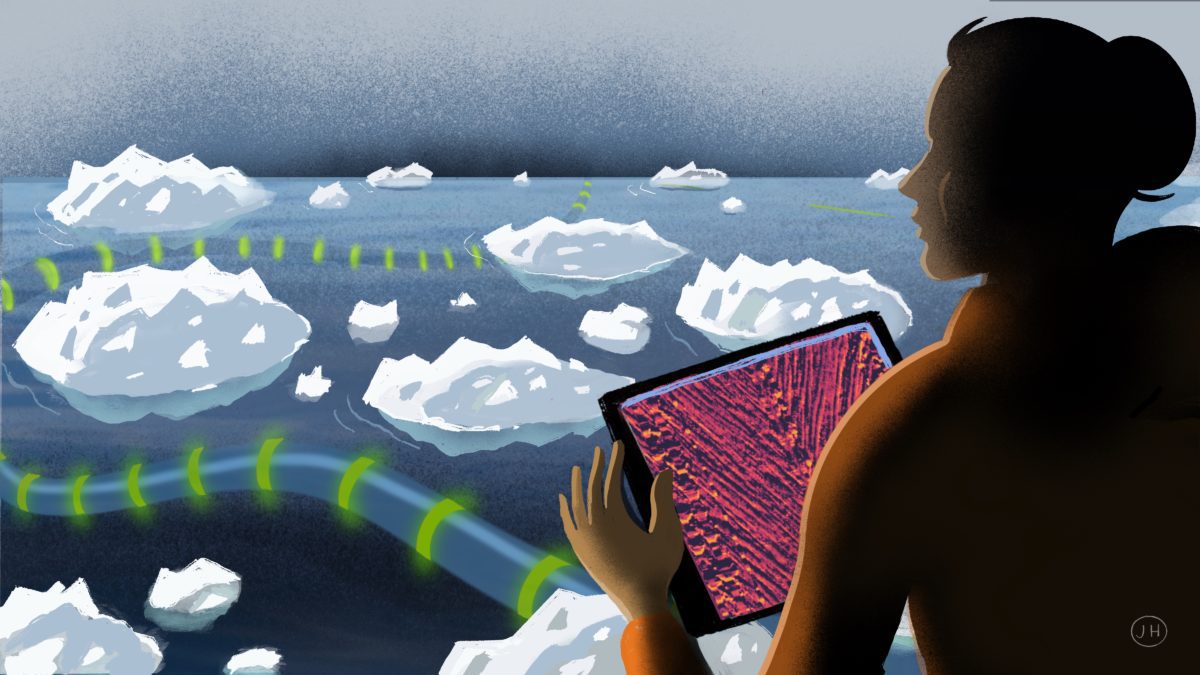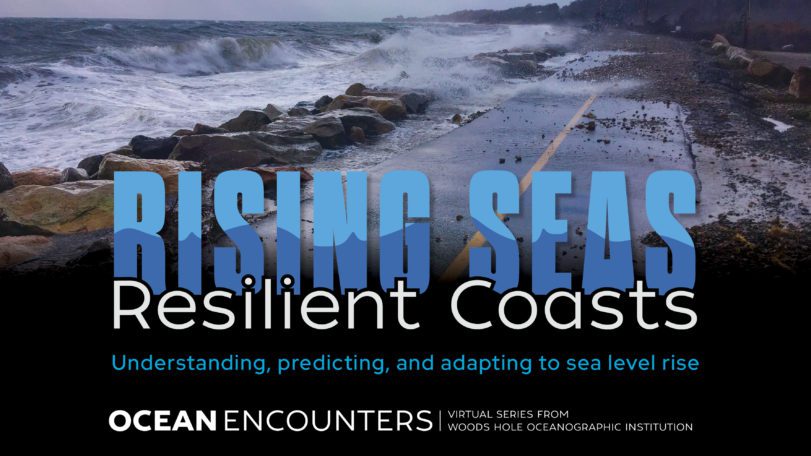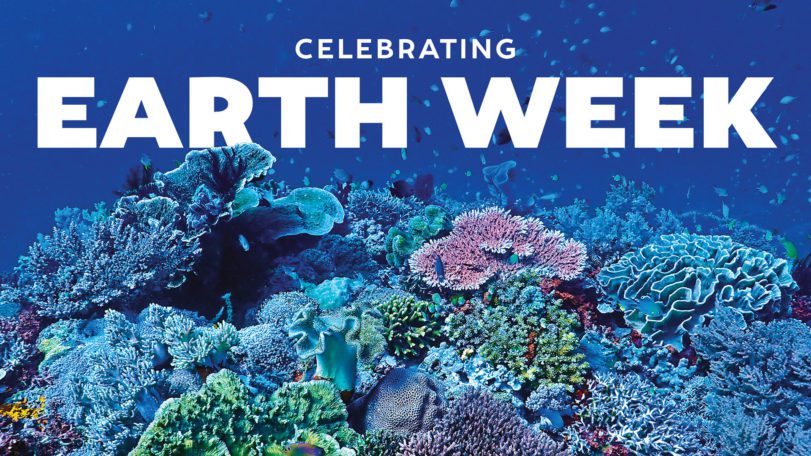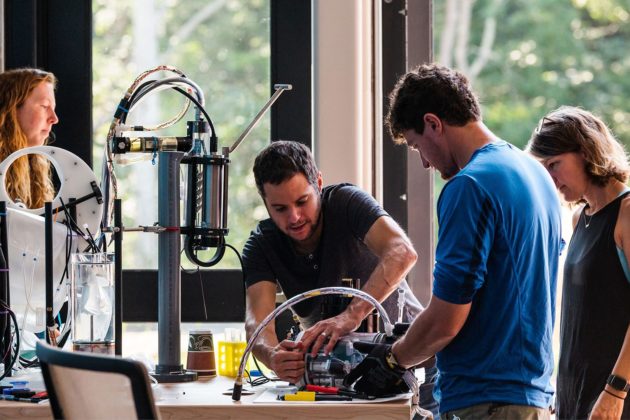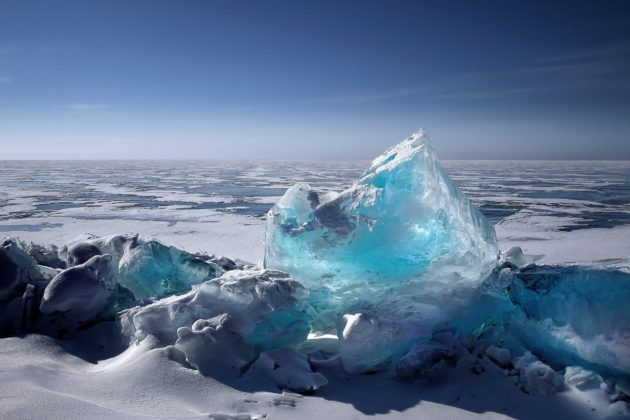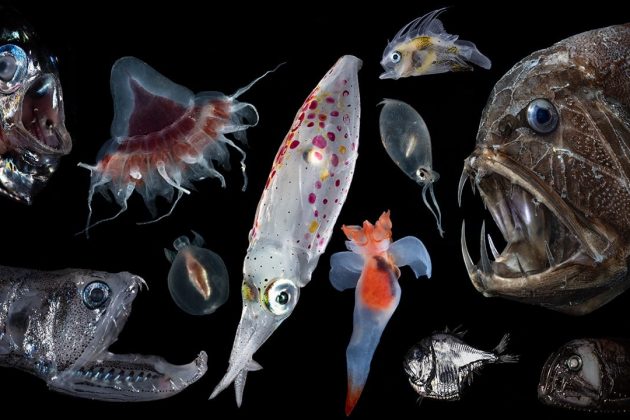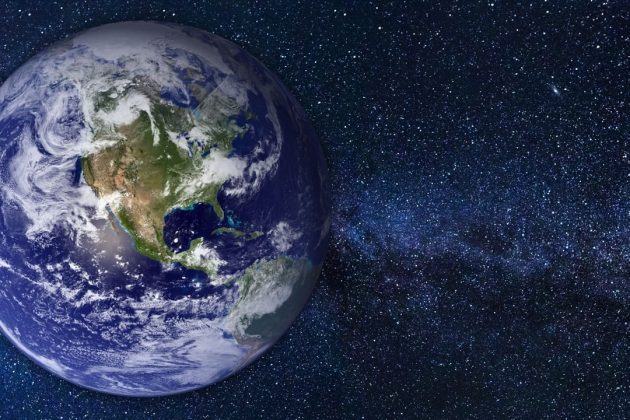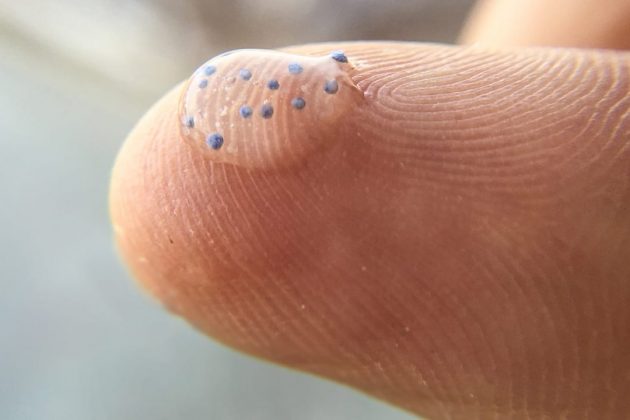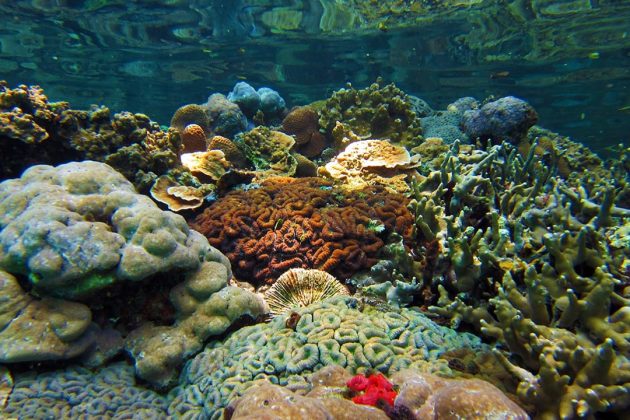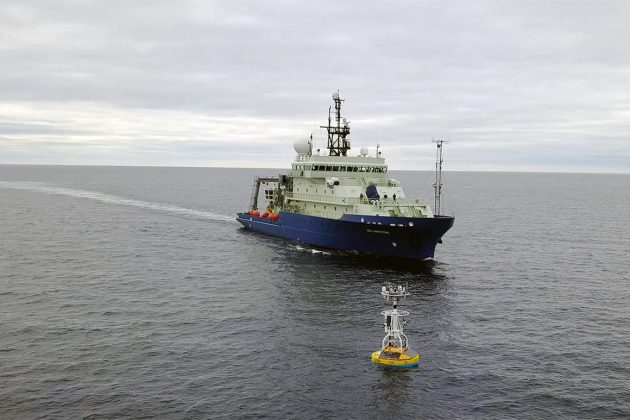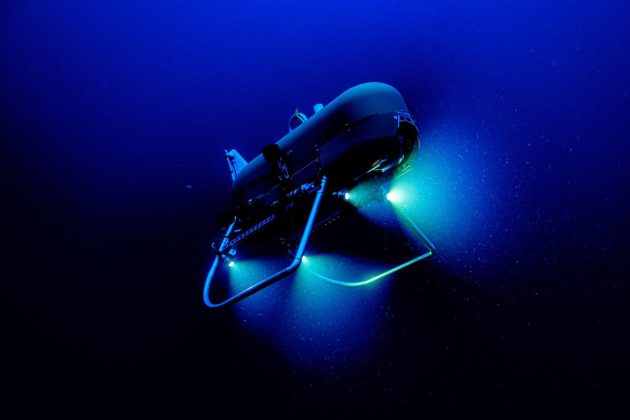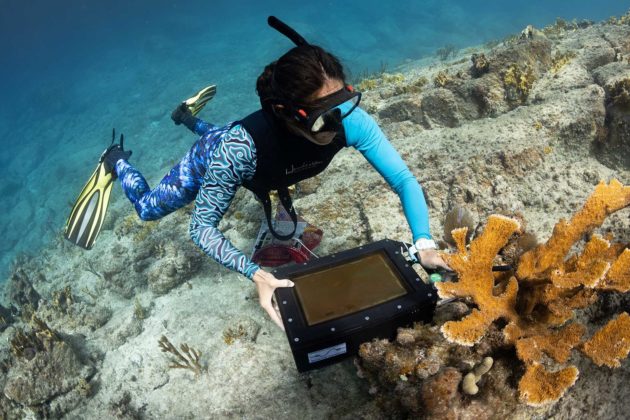Woods Hole Oceanographic Institution (WHOI) is the world's premier independent organization dedicated exclusively to ocean research, technology, and education. We combine state-of-the-art science, engineering, and ship operations to unravel the mysteries of the deep and devise science-based solutions to planet-wide problems.
⁉️Did you know that #straws are one of the most common forms of marine litter? These little #plastic tubes can add up to big problems for marine ecosystems and human health– but the lack of suitable #alternatives makes them hard to eliminate.
🌳That’s why #WHOI scientists, in partnership with Eastman Chemical, have created a prototype for a new type of plastic #straw derived from wood cellulose!
🥤Slurp up this #solutions-based research in the @boston25 story (link in bio)!
#PlanetVsPlastics #scienceleadstheway
Apr 25

🐧 Happy #WorldPenguinDay! 🐧
⁉️Did you know that emperor penguins can dive over 500 meters (1,640 feet) to the #OceanTwilightZone? They`re able to do this by holding their breath up to 20 minutes and slowing their heart rates down to 15 beats a second while chasing their next meal. Thanks to solid bones and a super-efficient circulatory system, emperor penguins can also withstand the crushing pressures that increase with every meter of depth.
🏊🏼 Lesser creatures (ahem, humans) that attempt such exertion in ice water without an oxygen supply–or with a pulse this low–would soon pass out. Not these royal birds!
Despite their remarkable swimming prowess, #WHOI research shows that emperor penguins are losing the sea ice they need to rest (and nest) on– prompting @usfws to list them as “threatened” under the #EndangeredSpeciesAct in 2022.
📲 Dive deeper into the world of penguins at the 🔗 in our profile!
📹 courtesy of Stéphanie Jenouvier © WHOI
Apr 25

🐳 It’s a sure sign of spring in New England: the return of North Atlantic right #whales to northern waters. As these critically-endangered marine mammals migrate from their southern breeding grounds, #WHOI and @newenglandaquarium researchers head out to observe them. Drone imagery helps them identify individuals + calves and document changes to their body condition.
🎉 Celebrate #NorthAtlanticRightWhaleDay - climb aboard as the science team looks for whales in #Cape Cod Bay!
📹 produced by Rachel Mann with footage courtesy of Michael Moore © WHOI under NOAA NMFS permit 27066 with @whalesorg, Southall Environmental Associates, and SR3.
Apr 24

🐋 Today is #NorthAtlanticRightWhaleDay in Massachusetts! To honor this critically-endangered species, we`re sharing new video of a 37 year-old female #whale named Wolf, filmed by #WHOI researchers and partners with her newborn in #CapeCodBay earlier this month.
This calf is one of 19 born during over the past winter. With only about 360 North Atlantic right whales remaining, every calf is vital to the species’ recovery. The species is dying faster than they can reproduce, largely due to entanglements in fishing gear and collisions with ships.
To help protect #endangered #marinemammals, WHOI and its partners are researching, developing, and actively deploying whale detection systems and on-demand fishing gear. We`re proud to work with @newenglandaquarium, @whalesorg, Southall Environmental Associates, and SR3 on these #solutions-based technologies.
Apr 24

⁉️ How will rising sea levels impact your community?
Get prepared for whatever comes– join us for Ocean Encounters, a live virtual discussion with #WHOI experts and urban planners.
📲 Register for tomorrow`s event at the profile 🔗
#OceanEncounters is an official event of the UN Ocean Decade
Apr 23

🎈🥤🌊 What are the consequences of all this plastic on the marine ecosystem– and human health?
📲 Find out from WHOI researchers who contributed to a major report on the subject– and recommendations for the #GlobalPlasticsTreaty being negotiated this week– at the link in bio!
#PlanetvsPlastics
📸 by @the_hentzoriginal © WHOI
Apr 23

OUR WORK
WHOI is at the forefront of groundbreaking science and technology development, unlocking the mysteries of our ocean, its connections to life on Earth, and solutions it may hold to some of our most pressing environmental challenges.
Our scientists and engineers lead more than 800 concurrent projects, tackling some of the most challenging and important problems of our time, from climate change and ocean pollution to sustainable food and energy production.
We operate a fleet of research vessels and vehicles, including two large ships (R/V Neil Armstrong and R/V Atlantis), a smaller coastal research vessel, the iconic human-occupied submersible Alvin, and dozens of other underwater robots.
Through our higher education programs, including the prestigious MIT-WHOI Joint Program, we train new generations of ocean scientists, engineers, and leaders-providing access to cutting edge facilities and unparalleled access to the sea.
WHOI plays a leading role in ocean communications, sharing our insights and knowledge about the ocean to the general public, policymakers, educators, and more, so we can make wise decisions about our ocean, our planet, and our future.
FEATURED PROJECTS
We have over 1,000 scientists, engineers, technicians, and support staff working around the globe and cutting edge laboratories to push the boundaries of knowledge about the ocean.

